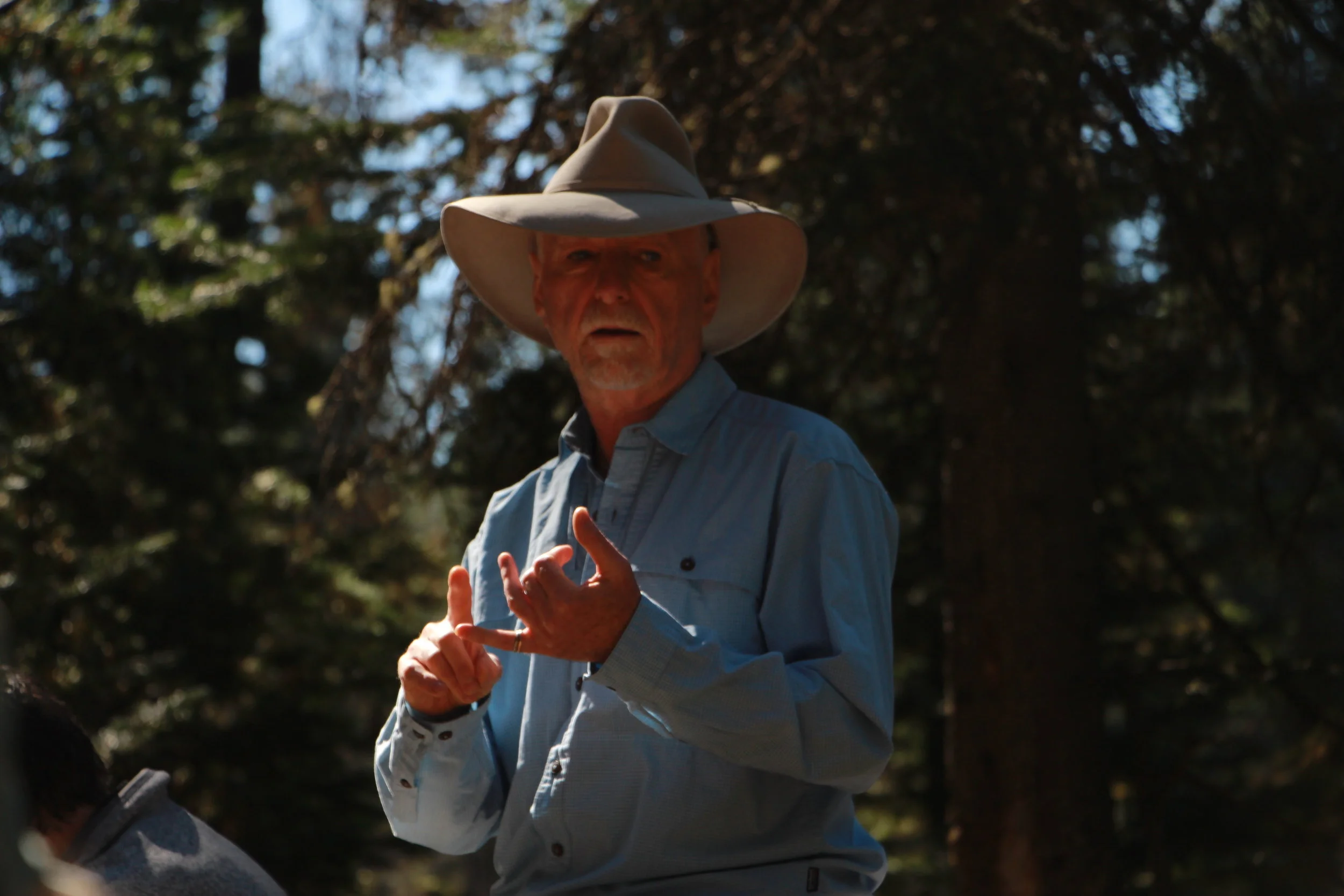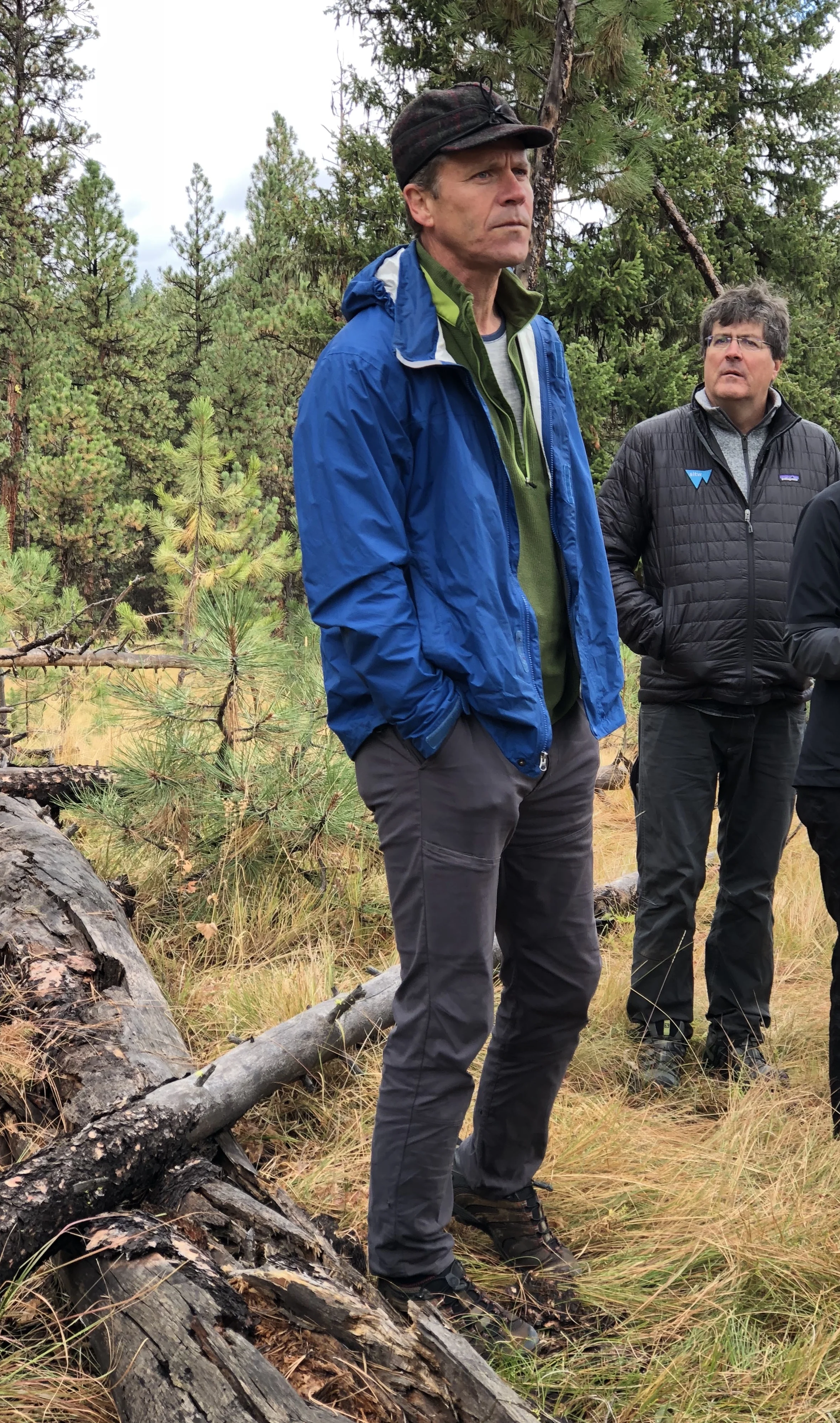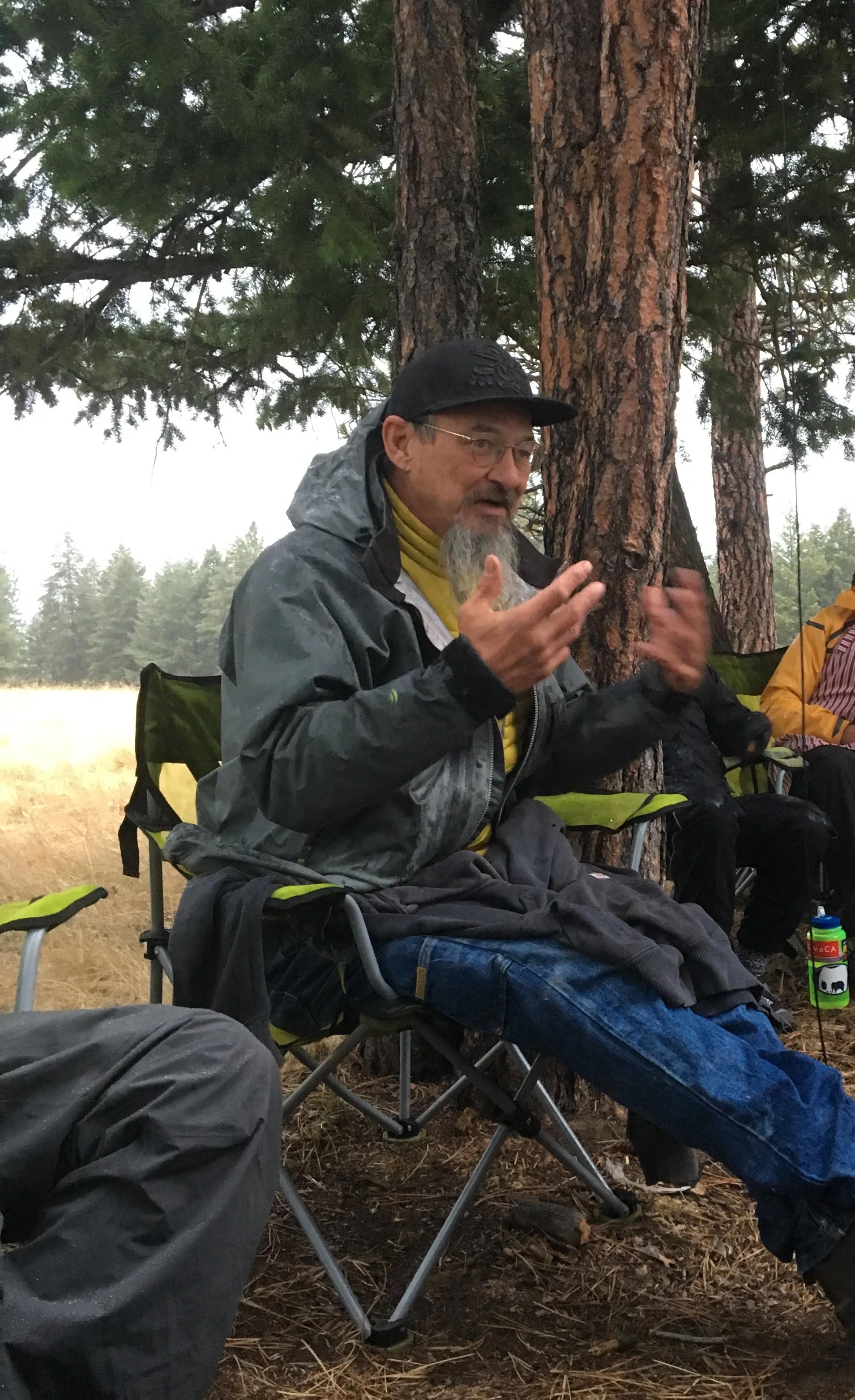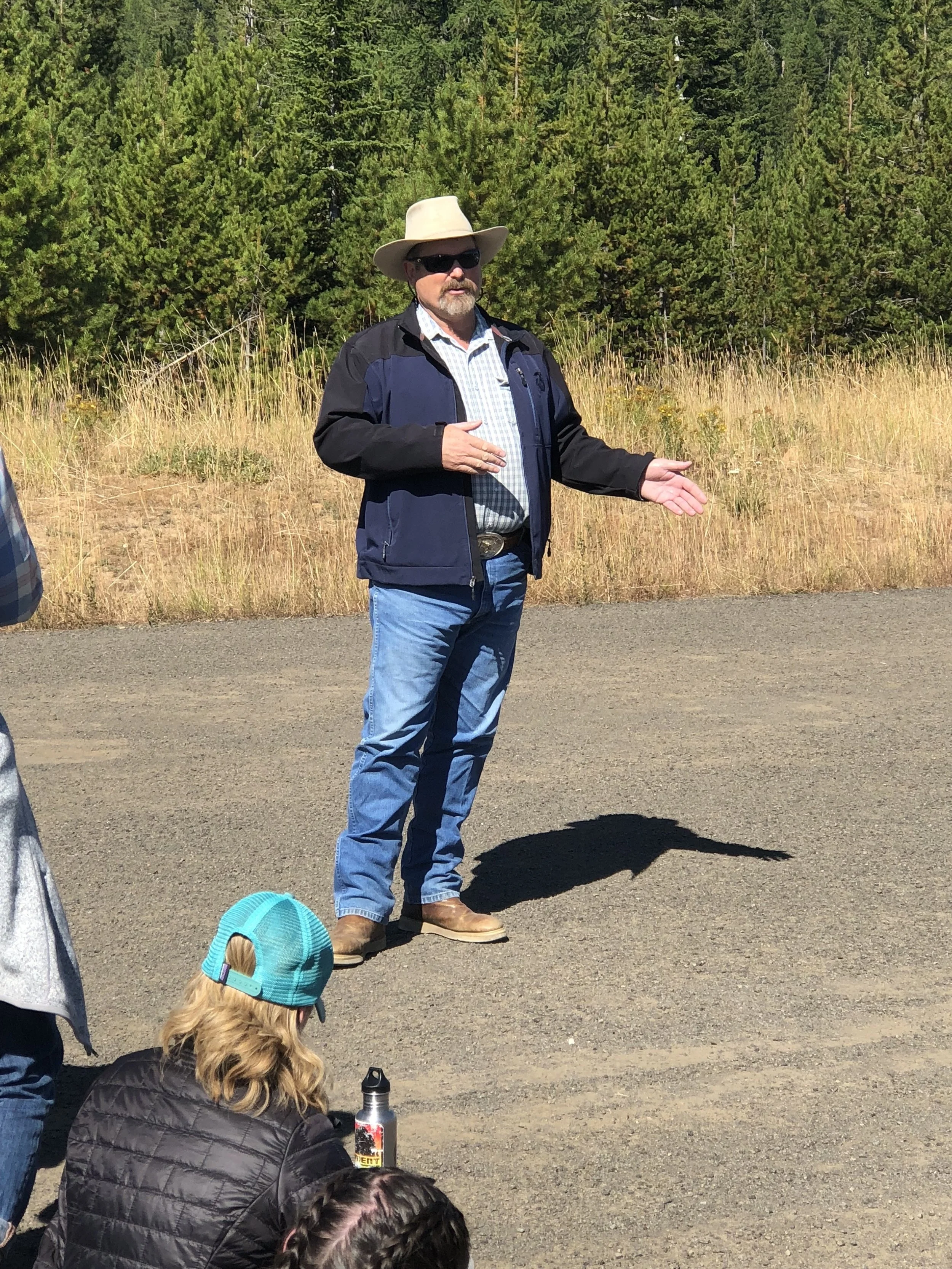Brian Kelly
Restoration Director, Greater Hells Canyon Council
Wallowa County, OR
8/28/2018
Brian Kelly, the Restoration Director for the Greater Hells Canyon Council is polite, open to cooperation, but also a man of great conviction – one who is unlikely to back down from a fight.
As the Restoration Director of GHCC, Brian is primarily concerned with the relative ecological health and composition of the greater Hells Canyon area, extending from eastern Oregon across the Idaho border. Currently, Brian and his organization are involved in litigation proceedings against the United States Forest Service over the proposed “Lostine Corridor” project – a commercial timber harvest on the Lostine River Canyon in Wallowa County, a heavily trafficked, dense, wet forest area adjacent to the Eagle Cap Wilderness. They are arguing that the Forest Service illegally circumvented proceedings outlined in the National Environmental Policy Act (NEPA) through a loophole known as a categorical exclusion (CE).
Aside from the striking beauty of the Lostine, Brian understands its importance more holistically, as an essential connectivity corridor, critical wildlife habitat, and a place that deserves careful consideration and analysis before management. Although Brian is a proponent of carefully managed public lands, he believes that the recreational and ecological status of this land is too great to concede to commercial timber interests.
In his parting statements, Brian reminded the group that although litigation should never come before cooperation, one must also do what is necessary to defend our public lands from mismanagement.
By: James Baker
Photos by: Hannah Morel








